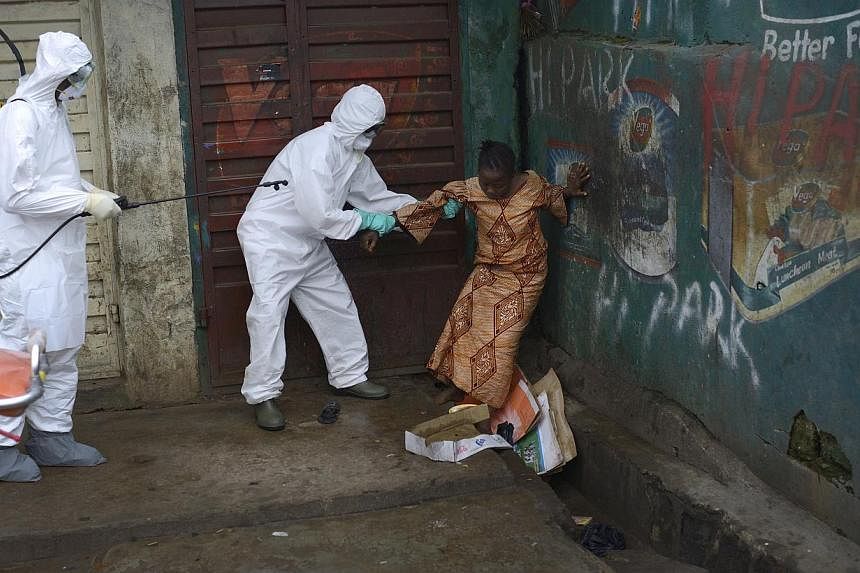Geneva - When Dr Margaret Chan was elected to lead the World Health Organisation (WHO), she said its priority was to improve the health of people in Africa.
Eight years later, the 67-year-old is under attack for letting an Ebola outbreak on the continent spiral beyond control, and WHO has been eclipsed as the leader of humanitarian efforts to fight the epidemic.
The United Nations has said it would create a separate health mission to coordinate care in West Africa, and the United States announced it would send 3,000 troops to build hospitals there.
Those plans come after Dr Chan delayed declaring the outbreak as a global emergency until thousands of people were infected in three countries, and in the wake of complaints that her agency had done too little to manage the response.
Now, WHO is in the awkward spot of being little more than a voice in the crowd, critics suggest, and Dr Chan is seen by some as being partly to blame.
Dr Stephen Morrison, an expert on global health policy at the Centre for Strategic and International Studies in Washington, likened WHO's delayed decision on the Ebola crisis as the agency's "Katrina moment" - a reference to the US government's slow response to the hurricane that flooded much of New Orleans nine years ago.
But Dr Chan sees it differently. "You pull out the tool when it is the right time to do so," she said of the declaration during a telephone interview.
She added: "It is easy for people who have the benefit of hindsight to say whatever they are saying. When you are in the position of being the director-general of WHO, you need to look at the evolution of the outbreak."
Since the start of the outbreak in West Africa, the virus has infected more than 5,300 people, killing at least 2,630.
Ms Laurie Garrett, a senior fellow for global health at the Council on Foreign Relations in New York, said Dr Chan should have been more assertive against Ebola. "A WHO leader has as much power as the WHO leader chooses to embrace and exert," Ms Garrett said.
Professor Lawrence Gostin, an expert on health law at Georgetown University in Washington, is not so quick to blame Dr Chan.
He argues that she was placed at the helm of an increasingly dysfunctional organisation, where big donors insist on growing control over how their money is used, and the leaders of regional offices are named independently.
Dr Chan also inherited a system where three-quarters of the US$4 billion (S$5 billion) budget is earmarked for specific projects - from polio to heart disease - cherry-picked by donors, including the US government and the Bill & Melinda Gates Foundation.
"It becomes a Christmas tree, with lots of bright shiny objects, and that makes it very difficult to focus," said Dr Nils Daulaire, the US government's representative on WHO's executive board from 2010 until February.
But in exposing some of global health organisation's problems, the Ebola tragedy may have made it easier to fix them, said Dr Michael Merson, director of the Duke Global Health Institute in North Carolina.
"I would love for this tragic outbreak to lead to a stronger WHO," he said.
Bloomberg

